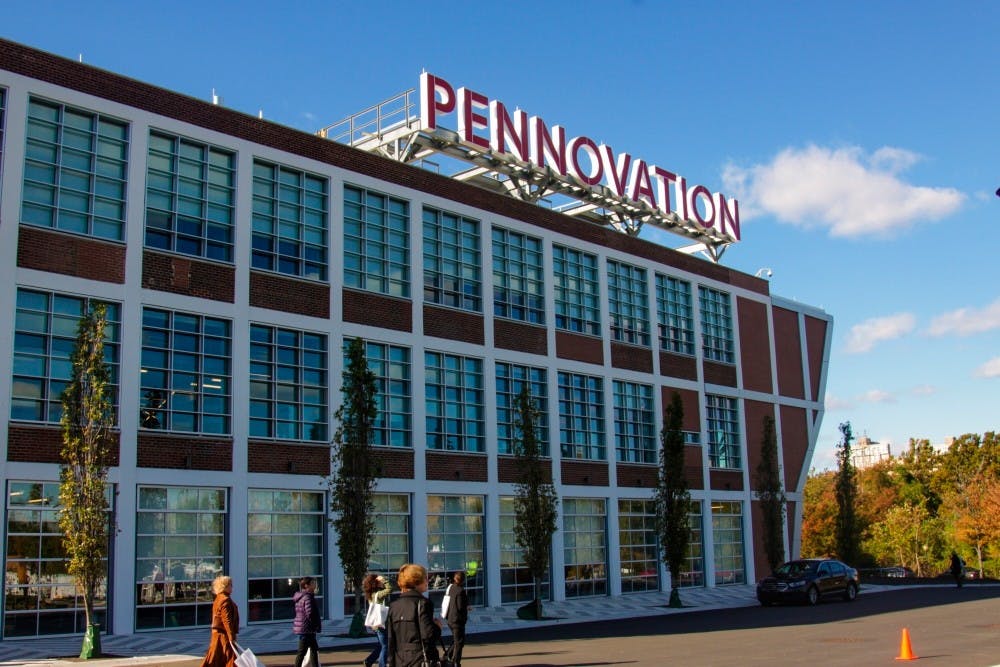
Innervace, a biotech company spin-off from Penn, has raised up to $40 million to support its new disease-modifying technology for Parkinson’s patients.
The startup focuses on innovating regenerative therapies for neurodegenerative disorders. It was initially developed by two professors of neurosurgery at the Perelman School of Medicine, D. Kacy Cullen and Douglas Smith.
The company’s current lead program seeks to replace the primary pathway lost in patients with Parkinson’s disease. Loss of dopamine — a brain chemical messenger responsible for regulating movement — is central to Parkinson’s disease.
Traditional conventional cell therapy attempts to replace the reduced dopamine-producing neurons in the brain. However, Innervace takes a “radically different approach” by aiming to specifically reconstruct the entire neuronal circuitry lost in Parkinson’s patients, CEO of Innervace Nader Halim said in a press release.
“Innervace’s platform technology has the potential to provide a differentiated therapeutic approach to patients with enhanced efficacy,” Dave Greenwald, an Innervace Board member, said in the press release.
Innervace was formed through the support of the Penn Center for Innovation. It participated in Penn’s I-Corps program, which allows Penn faculty, staff, post-docs, and students to test and validate startup ideas and connect with potential customers.
The company also participates in the PCI Ventures Services UPadvisors program, which is designed to help entrepreneurs or teams to understand "the process of creating and running a company and are ready to do so with minimal ongoing support."
The Series A fundraiser, which raised $40 million, was led by Deerfield Management, along with Penn Medicine, founding investor IP Group, WARF Ventures, and BioAdvance.
“This financing enables Innervace to advance our platform and lead asset in Parkinson’s disease. We are extremely thankful for their support and belief in our vision,” Halim said in the press release.
The company will also be using the funding to license a subtype of dopaminergic neurons, called group A9 dopaminergic cells, which are the most affected in Parkinson’s.
“Deerfield is pleased to lead this round of financing, integrating the bioengineered pathway platform from UPenn and specific A9 dopaminergic [neurons] from Deerfield’s collaboration with UC San Diego,” Greenwald said.
The Daily Pennsylvanian is an independent, student-run newspaper. Please consider making a donation to support the coverage that shapes the University. Your generosity ensures a future of strong journalism at Penn.
Donate







